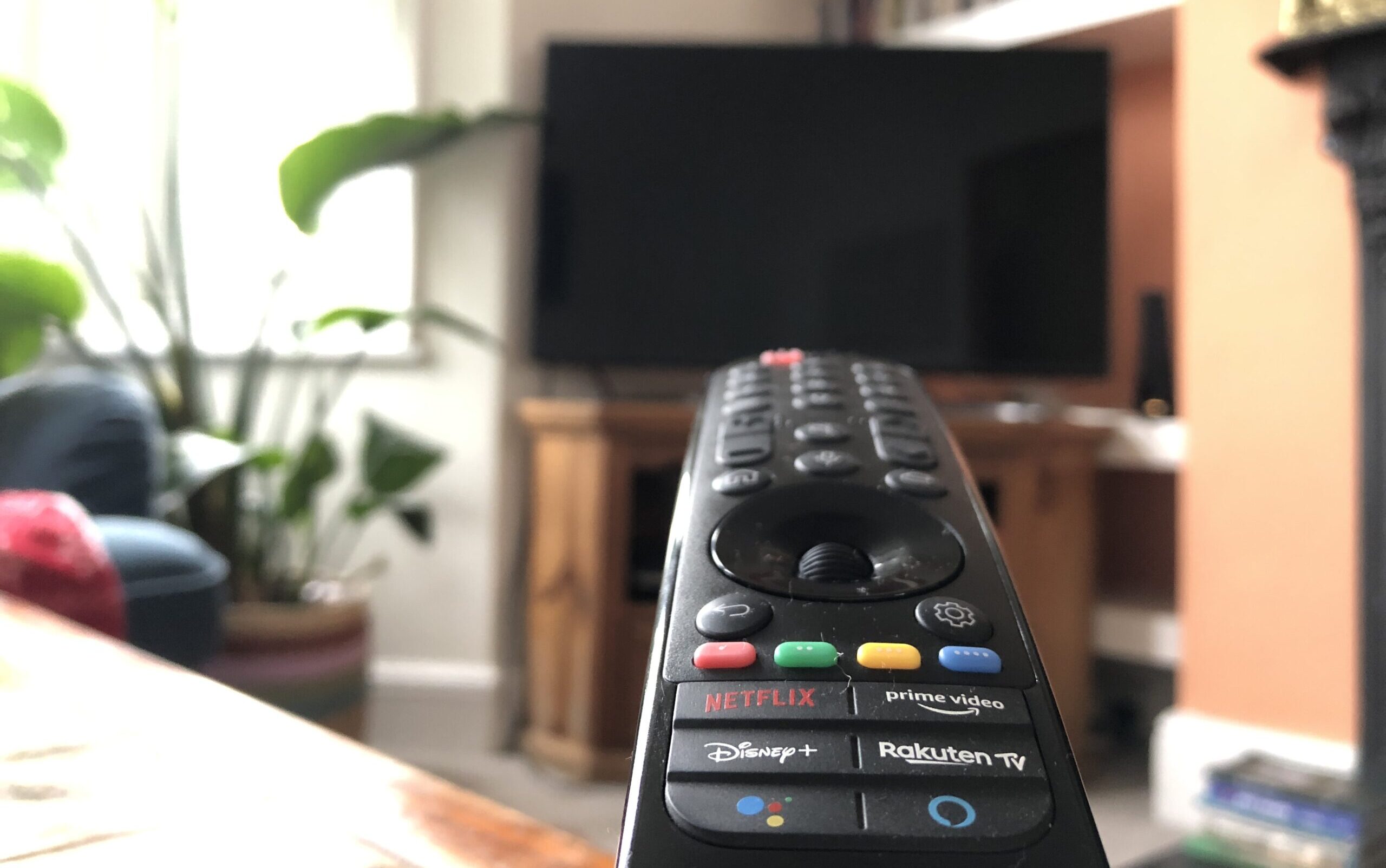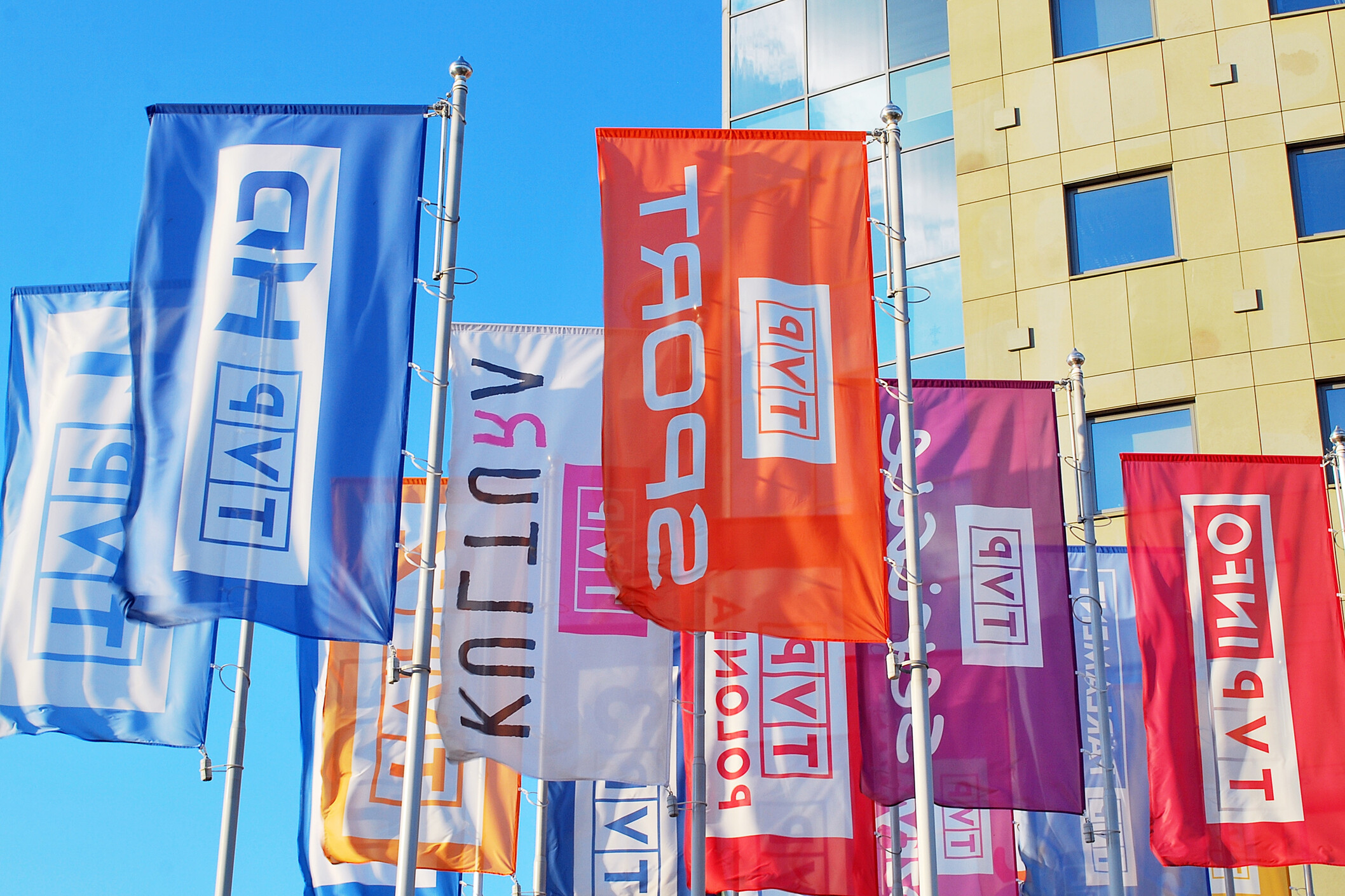INSIGHT
SVT is nothing if we are not seen
3rd April 2024
On the importance of prominence for public service media content in an age of digital gatekeepers.

This Insight was originally published on SVT and is republished with permission.
By Kristian Lindquist, Director of Strategy, SVT
Swedes are moving from traditional television to digital platforms faster than ever before. At the same time, Sweden finds itself in the most serious security situation since the Second World War. Disinformation, “influence operations” and AI-based manipulation are on the rise. That makes it more important than ever for SVT’s content and services to be easy to find and use. SVT is already difficult to find for many people, and it risks becoming even tougher if the Swedish parliament and government do not act. SVT has responded to a report on these questions from the Swedish Agency for the Media.
It all used to be easier – we could just push the number on the remote control for the channel we wanted to watch. In today’s digital television market, there is a large number of gatekeepers between the content and the audience. They can be telecoms operators, global tech giants or the manufacturers of our smart TVs. When we want to watch TV or listen to podcasts, we are – often without realising it – in the hands of these gatekeepers. They determine what appears on the home screen when we turn on the TV for the first time, which recommendations we get and which apps are pre-installed on our TVs or phones. It becomes especially clear when we look at which buttons come with the remote control.
Read more: SVT develops new sustainable cloud-based production technology (PSM Innovation)
Gatekeepers tend to promote their own content, or those who pay the most to be seen. There are no guarantees that content from public service media will be clearly visible and easy to find. This development risks reducing the audience’s access to a varied range of programmes, local journalism and in the most serious of situations: access to credible news and information in a crisis.
Public service media content is for everyone and must therefore be easy to find, even for those who have difficulty navigating digital environments. Many experience difficulties today in easily accessing SVT’s content and services in these environments, not least elderly people and people with disabilities. Understandably, not everyone knows how to find and install an app and then place it where they want it on their home screen. Quite often, a whole host of button presses are required.
PSM Unpacked | Prominence
Join us on 10 April 2024 for a roundtable discussion about prominence and public service media.
In practice, this means that public service media content’s visibility is already limited for significant parts of the audience. The problem has been raised at EU level. Since 2017, there are provisions in the so-called Audiovisual Media Services Directive (AVMSD) which gives member states the right to introduce rules on “prominence of services of general interest” in national legislation. The Swedish Agency for the Media was tasked by the Swedish government in the Autumn of 2022 to investigate the issue. Their final report was published in June 2023. It has only recently been put out for public consultation and SVT has now submitted its response to the report.
The Swedish Agency for the Media judges there not to be a need for prominence regulation at the present time. The stated reason is that public service media have a strong position in the market. SVT believes this judgement is flawed and that the Agency underestimates the risks of ongoing developments.
Prominence regulation is not about giving priority to SVT, but about ensuring that SVT’s services and content continue to be visible and easy to find among offerings from around the world.
In the future, more and more of the public’s viewing will move to smart TVs and mobile phones. The problem – which is likely to get worse – is that content of public service media companies will become increasingly difficult to find, as a simple button press on the remote control will not be sufficient. Delaying legislation risks further weakening the public’s ability to easily find credible sources and vital output that strengthens resistance to “influence operations” and disinformation. That Swedish public service media have a strong position today is a reason to act now – not for passivity.
In a small language area and in an uncertain environment, it is particularly important to ensure the public’s access to accurate and impartial output in the Swedish language and on Swedish-controlled services. That responsibility will not be borne by Anglo-Saxon or Asian tech giants.
Prominence regulation is not about giving priority to SVT, but about ensuring that SVT’s services and content continue to be visible and easy to find among offerings from around the world. This would lead to a more dynamic and fair market where Sweden’s consumers are given better choices and where everyone – regardless of age, disability or information literacy – is given the same opportunity to find and enjoy SVT’s output.
Not regulating the market is also an active choice: allowing global companies to continue to promote their content over content in the public interest. In a serious security situation, it is particularly problematic if vital programmes, news journalism and emergency alerts are hard to access.
The Swedish Agency for the Media’s report (in Swedish).
SVT’s consultation response (in Swedish):

About the author
Kristian Lindquist is the Director of Strategy for SVT
Our thanks to Mr. Lindquist for writing this piece. It was originally published on SVT.
Related Posts
20th December 2022
Poland: Proposed law set to boost prominence of controversial public broadcaster
An amendment to the Broadcasting Act’s…

